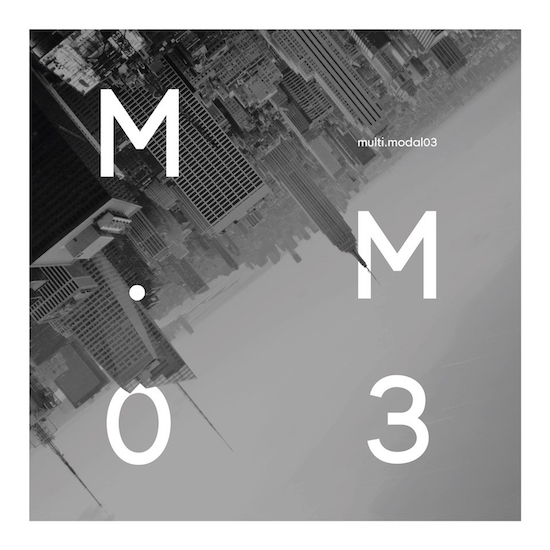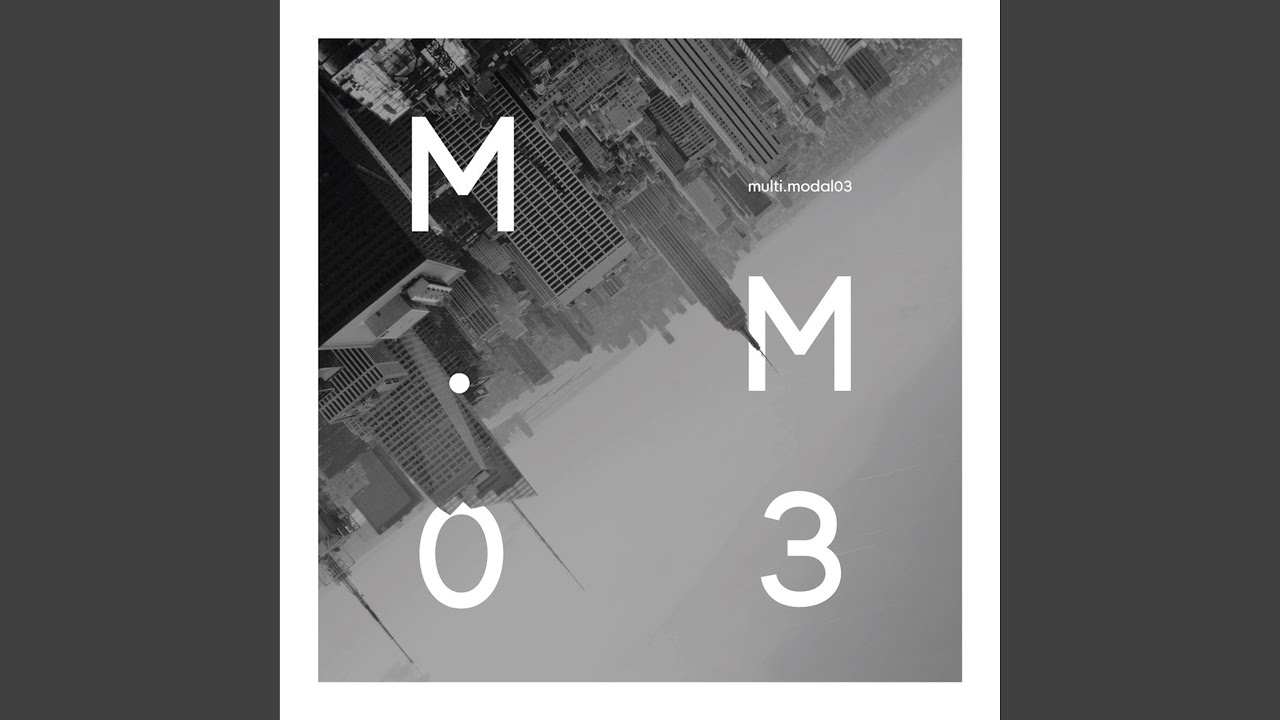A few weeks ago, I found myself rushing through Manhattan during a rainy evening, leaving one rendezvous behind and yearning to swiftly reach the next. A common ritual in the hyper-accelerated reality of New York. With my pacing body on autopilot, my mind’s attention started to drift toward the nagging, incessant megalopolis soundtrack – a collection of harsh noises that the subconscious usually filters out. Simultaneously, Pauline Oliveros’s writings on attentive listening crept their way into my thoughts. I wondered if I could listen deeply to these oversaturated sonic vistas composed by the roar of gas-guzzling engines, Doppler-shifted squeals of emergency sirens, and raised voices fused in disharmonious alloys. A meaningful field recording made out of this static-like aural chaos seemed impossible. Many must have tried and failed to tape it.
Yet, with Cities’ ‘The kind of problem a city is’, New York born composer Aaron Einbond captures a series of delightful NYC vignettes and delivers them through a clever turn of phrase. Instead of documenting the sonances of Gotham verbatim, he reinterprets them through intimate reflections. Meanwhile, Yarn/Wire, a local group of two pianists and two percussionists, serve as cicerones when Einbond visits their favourite locations, searches for evocative sounds, and orchestrates them into a story loosely connected by passages from Jane Jacobs’s book on urban planning The Death and Life of Great American Cities.
The narrative is dynamic. We first swing by a picnic pavilion at the Brooklyn Bridge Park. Here, serene barbecuing sizzles and crackles mesh with Yarn/Wire’s incidental percussive work. The busy cacophony of lower Manhattan is nothing but a soft droning backdrop for relaxed conversations. Like elsewhere, the quartet’s percussion and piano explorations subtly complement the sampled sounds, entertain cracking call-and-response exchanges, and channel the musicians’ perceptions and memories.
Then we are transported to Morningside Heights’s Milano Market. We hear merchants go about their business with pizazz. Bursts of melodica and playful cash register beeps underscore their chat. Before returning to the calming escape of fauna chirps and hums in Inwood’s Fort Tryon Park, Einbond lets the rumbling M train run us over, while Yarn/Wire embed themselves in and around the culled bombastic noises. One of the musicians lovingly explains how he came to appreciate this once hated ruckus. Because, as Jacobs wrote, “No single element in a city is, in truth, the kingpin or the key. The mixture itself is kingpin, and its mutual support is the order.”
Much like Cities’ first part, ‘London Scenes’ opens with a murmur of traffic and city noise. Familiar, yet different. But from that point forward, the compositions diverge, as Einbond’s impressions of London form a more restrained and linear skeleton for pristine field recordings. In contrast to Yarn/Wire’s incisive incursions, sound artist Matilde Meireles delicately integrates the samples into her sound designs, accentuating them with synthesised effects.
Excerpts from Virginia Woolf’s The London Scene series of essays – delivered by a cast of various inflections – guide the cut, from the bustling Oxford Circus to the throbbing machinery and loud waves of Greenwich Pier. “London crowded and ribbed and compact, with its dominant domes, its guardian cathedrals; its chimneys and spires”, Einbond finds sounds for Woolf’s words and demonstrates how little and how much London has changed since the 1910s. Not by chance, he celebrates that progress by having Shia orations close the album.



